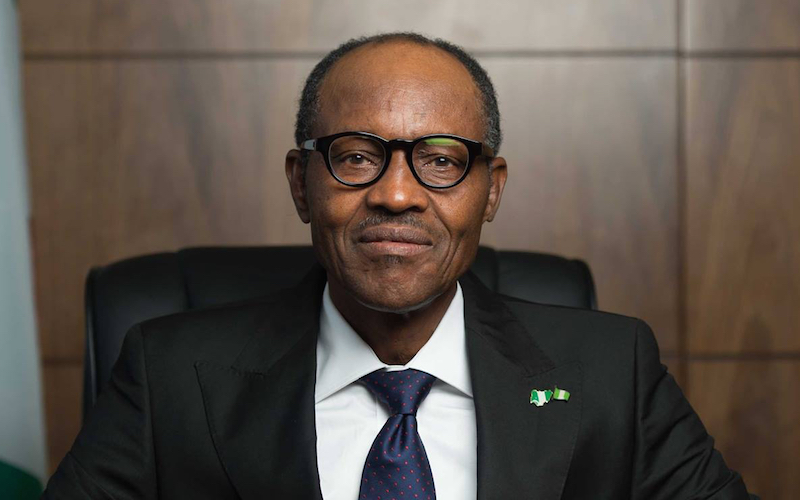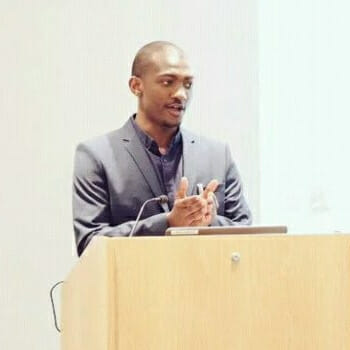
No. Nigeria Isn’t a ‘Failed State’
Some analysts have predicted the break-up of Nigeria in 2015. Notably the former US High Commissioner to Nigeria, John Campbell, gave an in-depth analysis of how Nigeria is tottering towards a failed state due to inherent corruption, ethno-religious tensions, increasing Islamic radicalism, power tussles by elites and the tension of the 2015 presidential election.
Nigeria has large oil deposits, fertile land, and mineral deposits. It is regarded as the largest economy in Africa with a 2014 GDP of $479 billion, an inflation rate of 8.3%, 70% (2010 est.) of the population below the poverty level and a 23.9% unemployment rate (2011 est.).
The 2015 election, which was expected to mar Nigeria, was conducted peacefully. Before the election numerous politicians engaged in hate speeches and threats. The international community played a vital role in the peaceful outcome of the election through the energy of Kofi Annan in the Abuja Accord which the two major contestants were a part of.
The election ends the 16-year rule of Africa’s self-acclaimed largest party, the Peoples Democratic Party (PDP), and the first defeat of an incumbent President. It generated surprises within and outside Nigeria when President Jonathan accepted defeat and congratulated Muhammadu Buhari of the APC (All progressive Congress). His action is perceived to have averted bloodshed and the aberration of the indefinite tenure of African leaders.
The opposition victory shows that democracy is maturing in West Africa. Ghana witnessed change in 2000 and 2008, where the opposition party emerged victorious. Senegal witnessed similar success in 2012 and the revolution in Burkina Faso ended the 28-year rule of Blaise Compaore.
A total number of 29,432,083 votes were cast in an election contested by 14 candidates, where Jonathan polled 12,853,162 and Buhari, the winner, had 15,424,923 votes. Observers appear less concerned about voter participation, because 29,432,083 voted out of 173.6 million people.
The triumph of the opposition gives the common Nigerian on the street more confidence in the political system, but the country’s political culture remains worrying. The current wave of defections by politicians to the APC confirms the notion that Nigerian political parties lack ideology. It also portrays it as a process of elites changing platform. Also, a majority of the politicians that were part of the 16-year rule of the PDP are part of the APC success story. However, it is believed that Buhari will bring his principled qualities to governance.
Jonathan’s administration recorded successes in agriculture, infrastructure, and transportation where he revived the railway system which had been comatose for 30-years. Under Jonathan Nigeria’s major failures are the economy, security and national unity.
Former Central Bank governor, Soludo alleges that the methodology used in producing Nigeria’s official statistics is doctored to project the economy positively. However, the methodology questions the validity, credibility and reliability of the country’s official statistics.
Previous governments failed to diversify the oil-based economy and, over the last five years oil theft have swelled to about 400,000 bpd. The US is no longer Nigeria’s largest market because of shale oil. The price of crude oil has fallen within $60. This situation is compounded by scandals such as the $20 billion missing oil money and a lack of austerity measures.
Oil production may be sabotaged in the Oil rich Niger-Delta region given the recent threats from ex-militant leaders who threaten to resume militancy should the region be alienated.
Failure to end Boko Haram questions Nigeria’s military capacity and its contribution to global insecurity. Moreover, its security agencies are weakened by corruption. 54 soldiers were sentenced to death for mutiny. Given the published news on Boko Haram, it is surprising to say that the number of soldiers prosecuted is more than the number of terrorist prosecuted.
Neighboring Cameroon and Chad are suffering more from the spillover of terror. Increase in the level of violence and the internationalisation of Boko Haram has attracted more pro-active counter-terrorism measures by AU (African Union) backed military cooperation.
Above 10,000 people were killed and 1 million displaced over the last 6 years by the terrorists. A majority of Northerners suspect the Jonathan led government was the sponsor of the terrorists, while the majority of the Southerners accuse Northern elites of making Nigeria ungovernable for Jonathan. The economic livelihood of the local people was destroyed. Given the damages, it is pertinent to respond to calls for a reconstruction and a recovery programme in affected states.
Ethno-religious clashes have intensified in the North-Central of the country; there are constant clashes between minority ethnic farmers and the Fulani cattle herdsmen. Within the last two years the violent Ombatse cult has emerged. North-Central Nigeria has fertile land and its people are mostly engaged in subsistence and commercial agriculture, which benefits other regions through regional trade. This security challenge poses threats to farming and economic activities in the region.
For Nigeria to properly harness its abundant natural resources, large population and market for multinational companies, It must urgently address its pressing national issues. Disputing elites and their various supporters need to be mobilized in order to achieve national integration, value reorientation and development.

